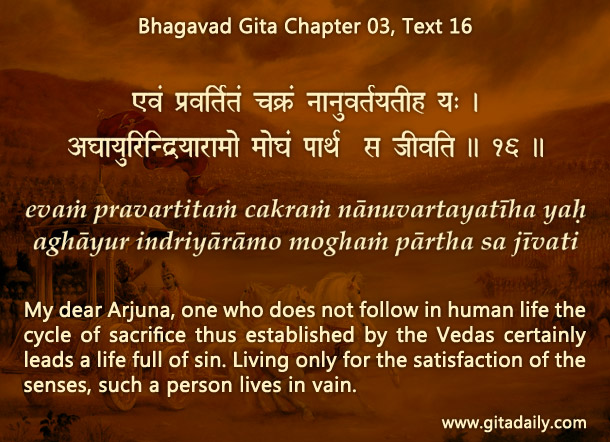Living for the moment is a prescription for chaos at best and calamity at worst
While driving along an expressway, suppose we see something attractive nearby and suddenly take a turn toward it. Other drivers will have to brake forcefully and come to a screeching halt. If everyone started taking such impulsive turns, traffic will be thrown into chaos, at best. At worst, calamitous car crashes will occur, turning roads into graveyards.
Just as we can’t drive for the moment, we can’t live for the moment either. During our life-journey, if we start living for the moment, indulging in anything that feels pleasurable, we will hurt ourselves. If we eat whatever tastes good, we will spoil our health. Worse still, if people start having physical relations with anyone they feel infatuated by, families will splinter; generations of unloved children will be born; and the foundations of society will crumble.
But shouldn’t we live in the moment, as many mindfulness teachers recommend? Yes. However, living in the moment is not living for the moment.
Living in the moment is like driving in the moment – it means focusing on the road ahead of us and steering our car carefully toward our destination. Similarly, living in the moment means first, not letting regrets about the past or fears about the future distract us and second, focusing on the present to create the kind of life we aspire for.
Forsaking present indulgence for a better future is the essence of sacrifice. And the intelligence to do such sacrifice differentiates humans from animals. Pertinently, the Bhagavad-gita (03.16) declares that those who live for their senses, without doing any sacrifice, waste their lives.
Ultimately, sacrifice done devotionally connects us with the all-attractive source of all joy, Krishna, and enriches us with lasting joy.
Think it over:
- What is wrong with living for the moment?
- What is the difference between living for the moment and living in the moment?
- What is sacrifice? How can you sacrifice now to create a brighter future?
***
03.16 My dear Arjuna, one who does not follow in human life the cycle of sacrifice thus established by the Vedas certainly leads a life full of sin. Living only for the satisfaction of the senses, such a person lives in vain.

To know more about this verse, please click on the image
Explanation of article:
https://www.youtube.com/watch?v=WrsoS_HI5Ac&feature=youtu.be
Podcast:

Leave A Comment